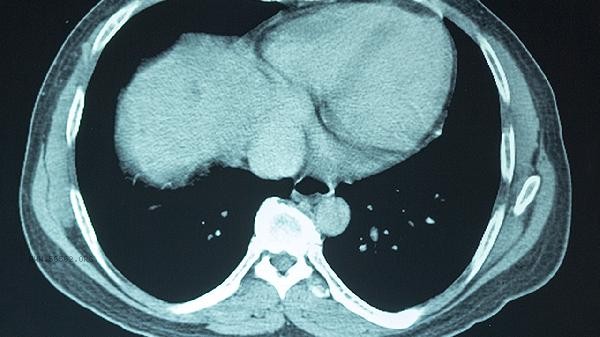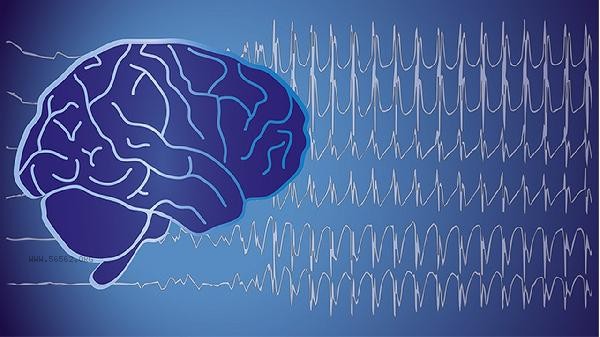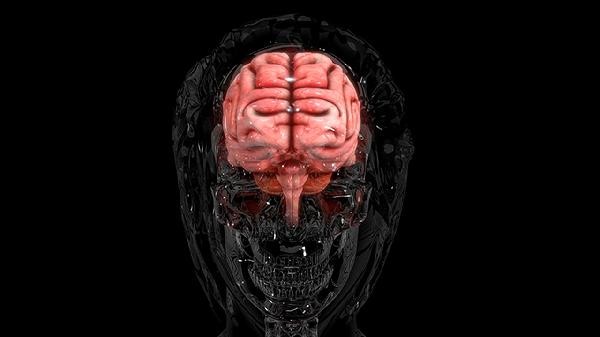The blurriness of the brain may be caused by factors such as insufficient sleep, excessive stress, malnutrition, dehydration, and inadequate blood supply to the brain. It can be alleviated by adjusting daily routines, psychological regulation, supplementing nutrition, increasing water intake, and improving blood circulation.

1. Lack of Sleep
Long term lack of sleep can lead to the brain not getting enough rest, affecting brain cell metabolism and neurotransmitter balance. Adults need 7 to 9 hours of sleep per day, and the deep sleep stage is particularly important for the recovery of brain function. Avoiding the use of electronic devices before bedtime, keeping the bedroom dark and quiet, and establishing a fixed sleep schedule can help improve sleep quality. Short term sleep deprivation can be supplemented by taking a nap, but should not exceed 30 minutes.
2. Excessive stress
Continuous psychological stress can stimulate excessive secretion of cortisol, which can damage hippocampal neurons if left elevated for a long time. Work pressure, strained interpersonal relationships, or financial burden can all be contributing factors. Mindfulness meditation and deep breathing exercises can reduce stress hormone levels, while regular aerobic exercise can promote endorphin secretion. Establishing a reasonable time management system and learning to refuse non essential tasks are also important. 3. Malnutrition: The brain consumes 20% of the body's energy every day, and a lack of vitamin B, iron, or high-quality protein can affect nerve conduction function. Excessive dieting or imbalanced diet may cause fluctuations in blood sugar levels, leading to unstable energy supply to the brain. Moderate intake of deep-sea fish, nuts, whole grains, and dark vegetables to ensure regular meals. Anemic patients should focus on supplementing foods rich in heme iron, such as animal liver and red meat. 4. Dehydration: 75% of brain tissue is composed of water, and mild dehydration can reduce attention and short-term memory. The diuretic effects of coffee and alcohol may exacerbate water loss, and it is recommended to drink 1500 to 2000 milliliters of water daily. Extra hydration is required in environments with high levels of exercise or high temperatures. Observing the color of urine is a simple way to determine the degree of dehydration, with a light yellow color being the ideal state. Moderate consumption of diluted salt water containing electrolytes can supplement lost minerals.
5. Insufficient cerebral blood supply
Cervical spondylosis, hypotension, or vascular stenosis may lead to reduced cerebral blood flow. Sitting still for long periods of time, playing with your phone with your head down, and other unhealthy postures can compress the vertebral artery, resulting in increased dizziness upon waking up. Neck hot compress and rice exercises can improve local circulation, and those with a history of hypertension or hyperlipidemia need to control underlying diseases. Sudden severe dizziness accompanied by vomiting should alert the patient to stroke and seek medical attention immediately. Maintaining a clear mind requires establishing a healthy lifestyle system. Engage in 30 minutes of aerobic exercise such as brisk walking or swimming every day to promote oxygen supply to the brain. Ensure the quality of breakfast in terms of diet, and increase foods rich in antioxidants such as blueberries and dark chocolate. Do eye exercises and stretching exercises during work breaks, and get up and move every 45 minutes. Learning new skills or playing puzzle games can stimulate neural network connections. If the symptoms persist for more than two weeks or are accompanied by headache and nausea, it is recommended to undergo brain CT and blood biochemistry tests to rule out organic diseases.











Comments (0)
Leave a Comment
No comments yet
Be the first to share your thoughts!